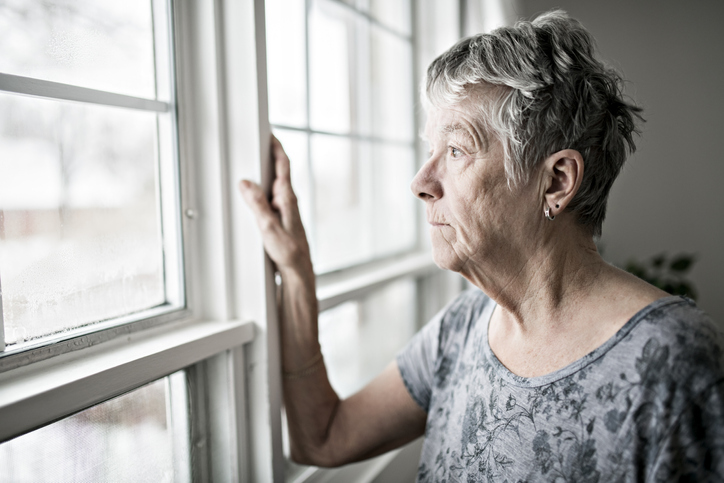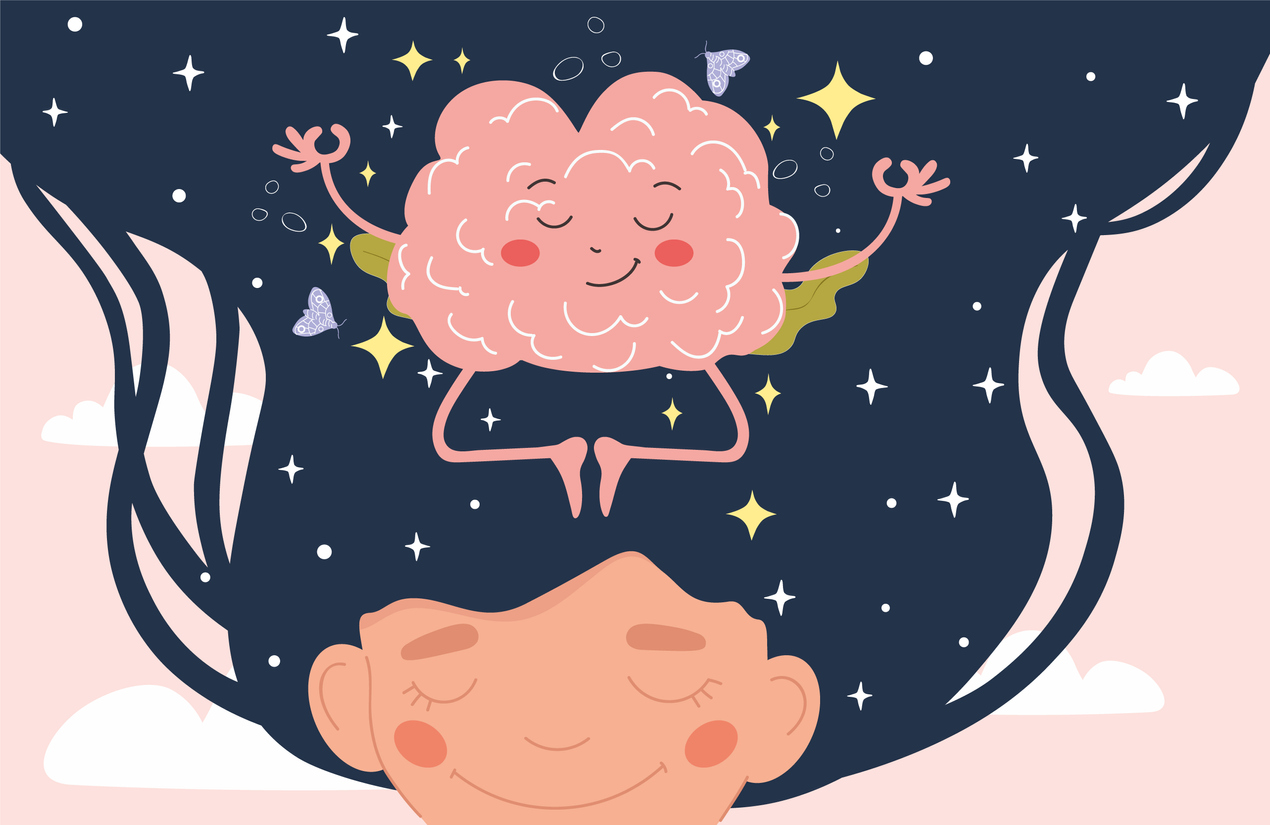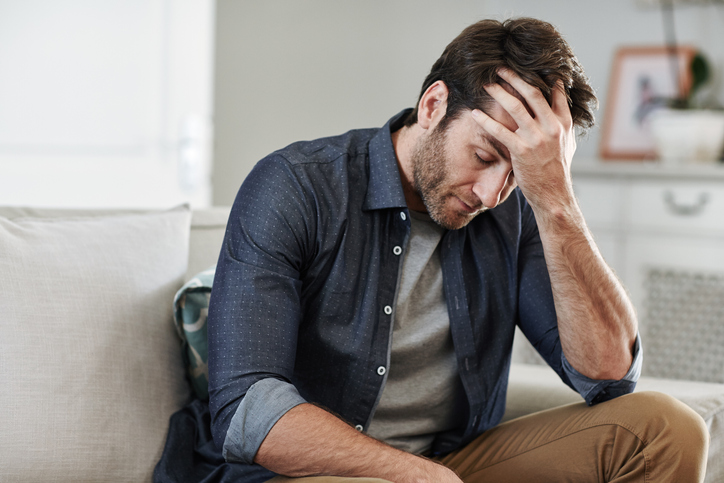Living with Chronic Pain
Treating Both Chronic Pain and Depression

Chronic pain not only affects physical health but can also affect mental health. Depression can increase chronic pain levels, and chronic pain symptoms can worsen depression. Chronic pain can influence mood, behavior, thoughts, and overall quality of life. Because depression and chronic pain are often comorbid, it is important that both conditions be treated with equal consideration.
Physical activity
Physical activity is often avoided due to chronic pain, but gentle exercise is crucial for pain management and depression treatment. Lack of physical activity often increases chronic pain and depression. A physical therapist can provide safe exercises for individuals with depression and chronic pain.
Talk therapy
Talk therapy, especially cognitive behavioral therapy (CBT), has proven to be an effective treatment for depression and chronic pain. CBT involves learning how to identify, understand, and change negative thought patterns and behaviors that are linked to depression and pain. CBT can help reduce the symptoms of depression and the perception of pain.
Medications
Pain perception and depression involve some of the same neurotransmitters; therefore, in addition to treating depression, certain antidepressants can also help treat pain. Tricyclic antidepressants, such as amitriptyline and nortriptyline, can be helpful in treating neuropathic pain, such as migraines or pinched nerves; however, they have various side effects. Selective serotonin reuptake inhibitors (SSRIs) and serotonin-norepinephrine reuptake inhibitors (SNRIs) can help treat both depression and the perception of pain without the unwanted side effects of tricyclic antidepressants.


















